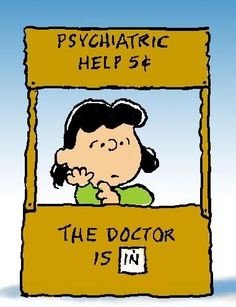AI is designed to "learn" your positive responses, and its programming is to "echo" it back, using the data programmed into it from a myriad of Web sources (for which they are being sued by various companies, btw, who did NOT give permission),
but using its base data to form answers without context.
IOW, it is not "thinking" about what may or may not be your state of emotional health and well-being. It is simply regurgitating miscellaneous data specifically designed to make you feel you are talking to an actual person who is interested in you.....
...except that AI is not, never is, and never will be, actually interested in YOU.
And in fact, the more data that is fed into AI programming to improve its 'thinking', the
more AI is prone to "hallucinate" (actual technology term) and completely fabricate an inaccurate or misleading answer. And the longer you 'talk' to it once AI hallucinates, the more likely it is to lead you to disassociate from the real world.
AI is a very good tool. But at this point it is like a hammer, and relying solely on AI is like a contractor going out to build a house but all he has is that hammer in his toolbox and truck.
AI is not designed to make you a better person, or a more complete person, or to help you overcome your faults, your emotional conflicts, your failures. If you think it can, you are fooling yourself that the primitive state AI
is still in, which is that hammer, is going to help your emotional headache.
This article details a couple of people who fell so far down the AI rabbit hole that one of them still has not really recovered, based on what he's saying now:
They Asked an A.I. Chatbot Questions. The Answers Sent Them Spiraling.
Generative A.I. chatbots are going down conspiratorial rabbit holes and endorsing wild, mystical belief systems. For some people, conversations with the technology can deeply distort reality.
NY Times 13June2025
free link (you may have to register, but NYT does NOT spam you):
https://www.nytimes.com/2025/06/13/...e_code=1.PU8.bqFi.VE3CVEi0fF6x&smid=url-share

